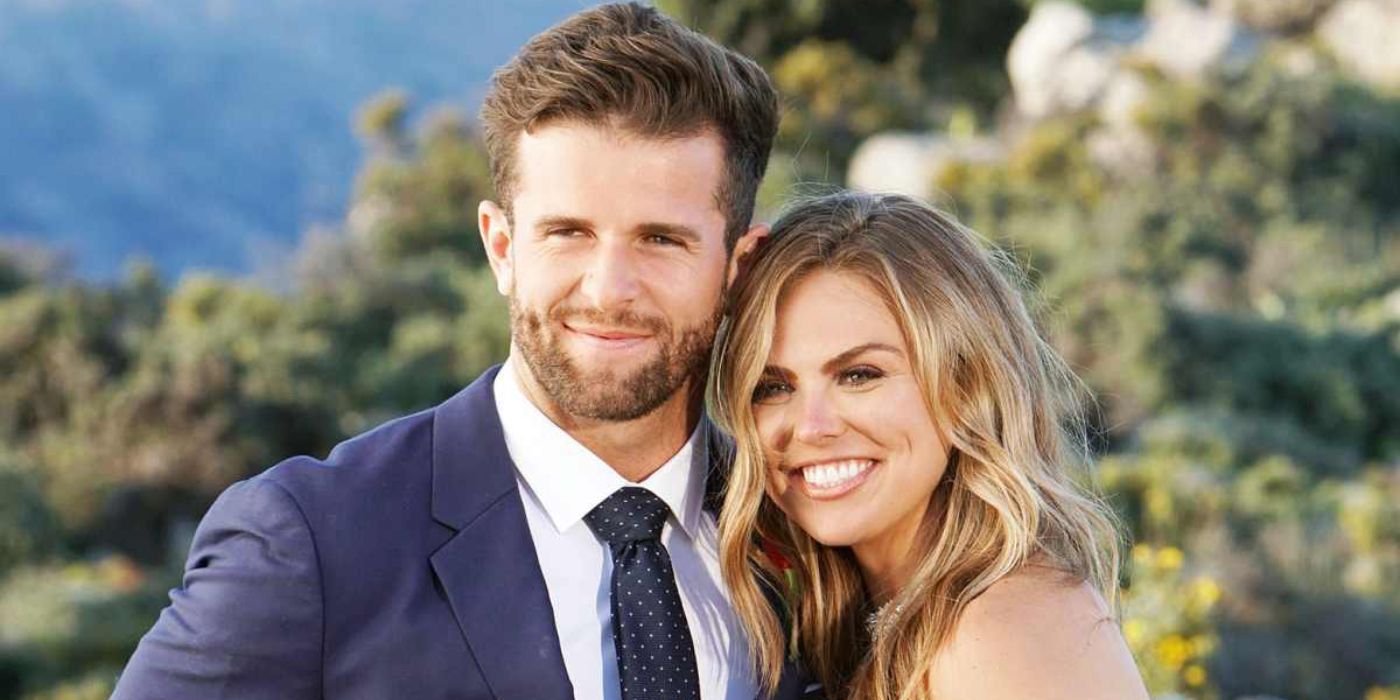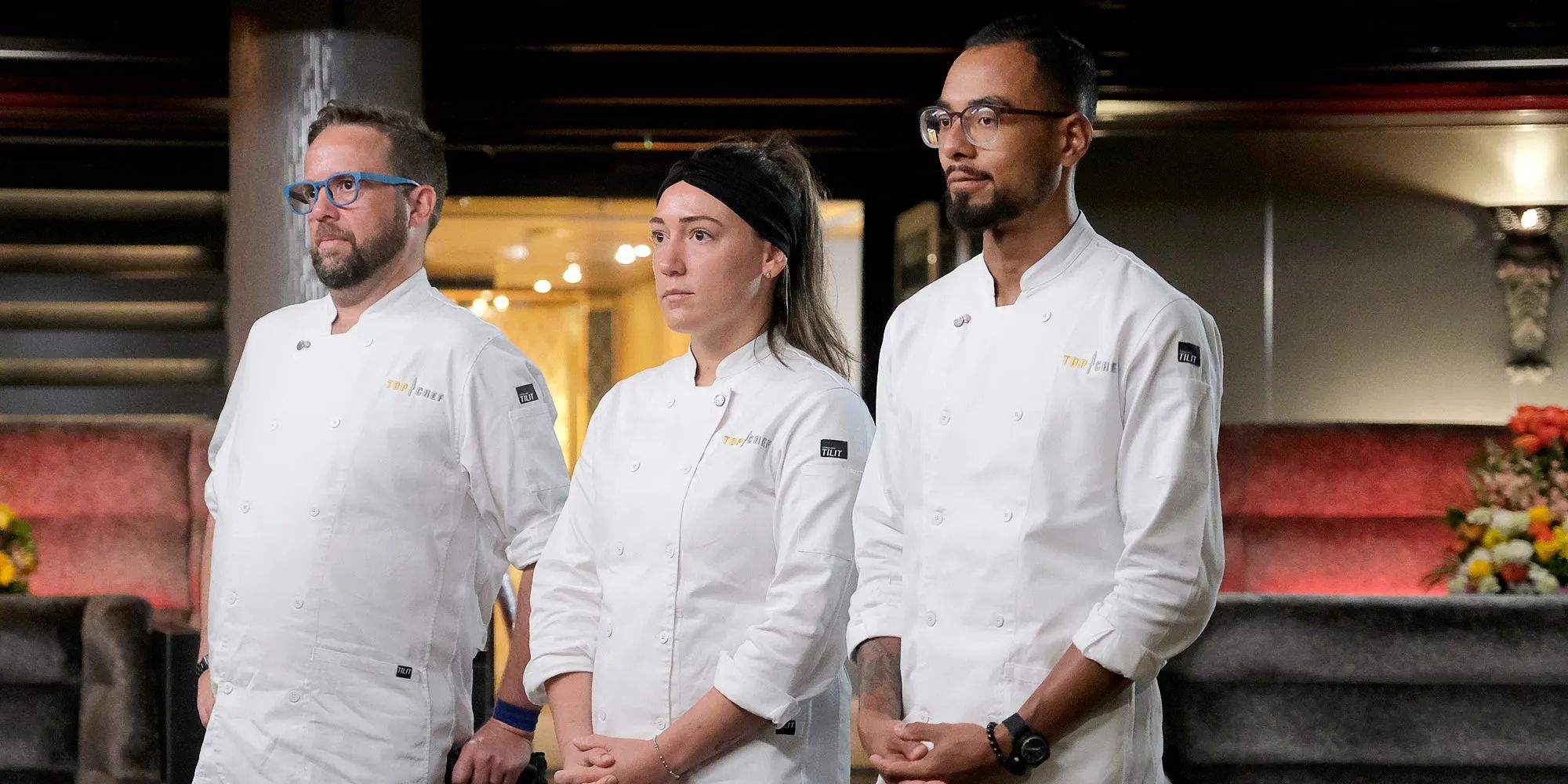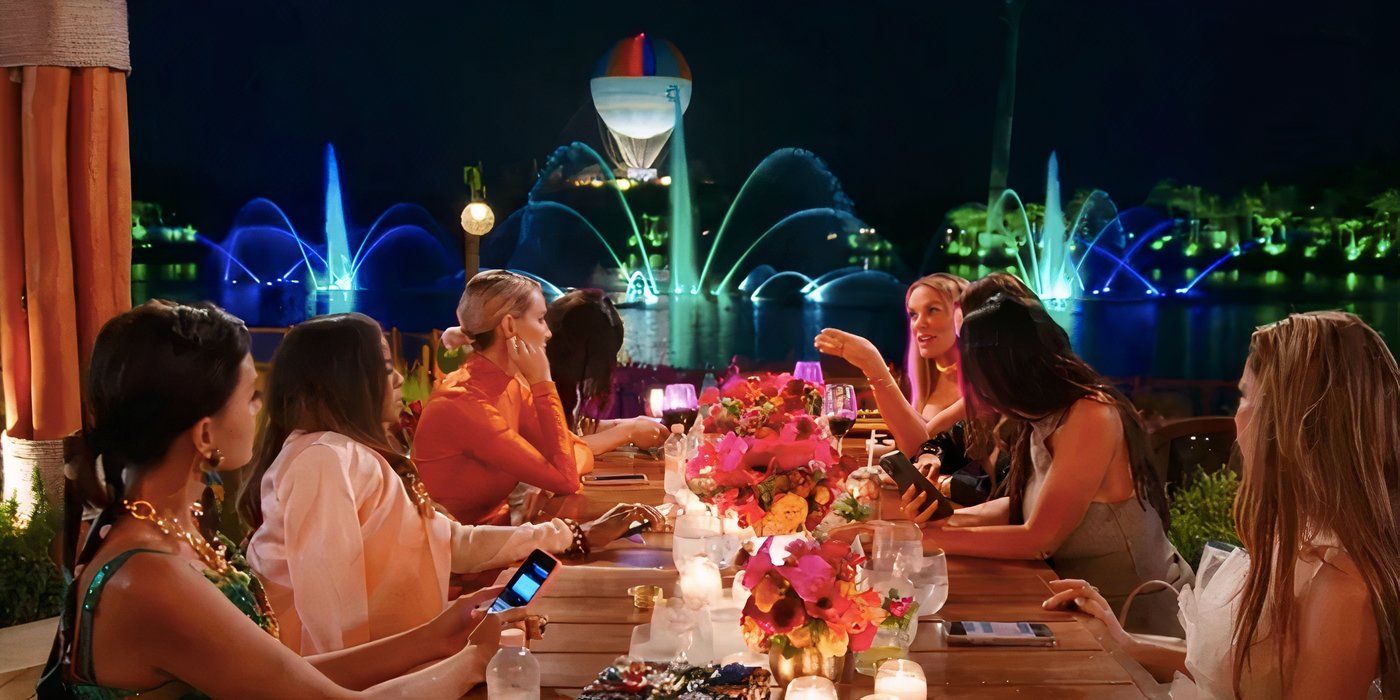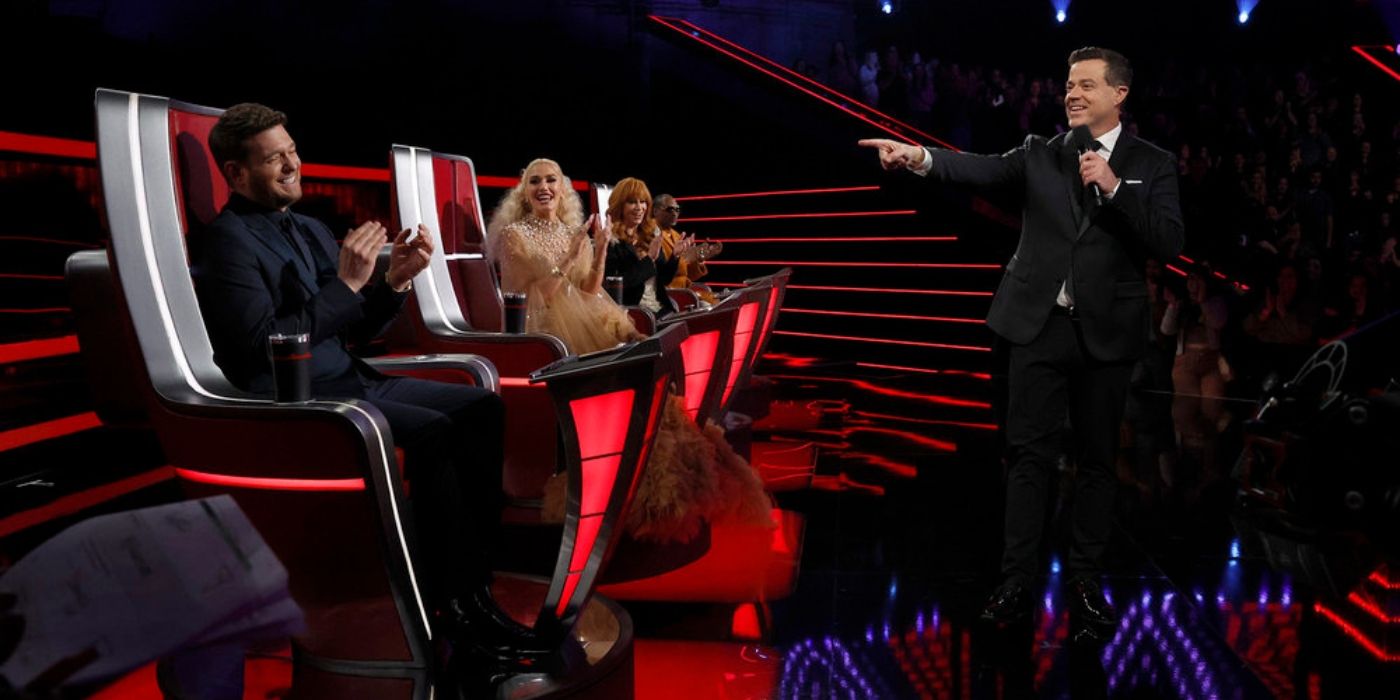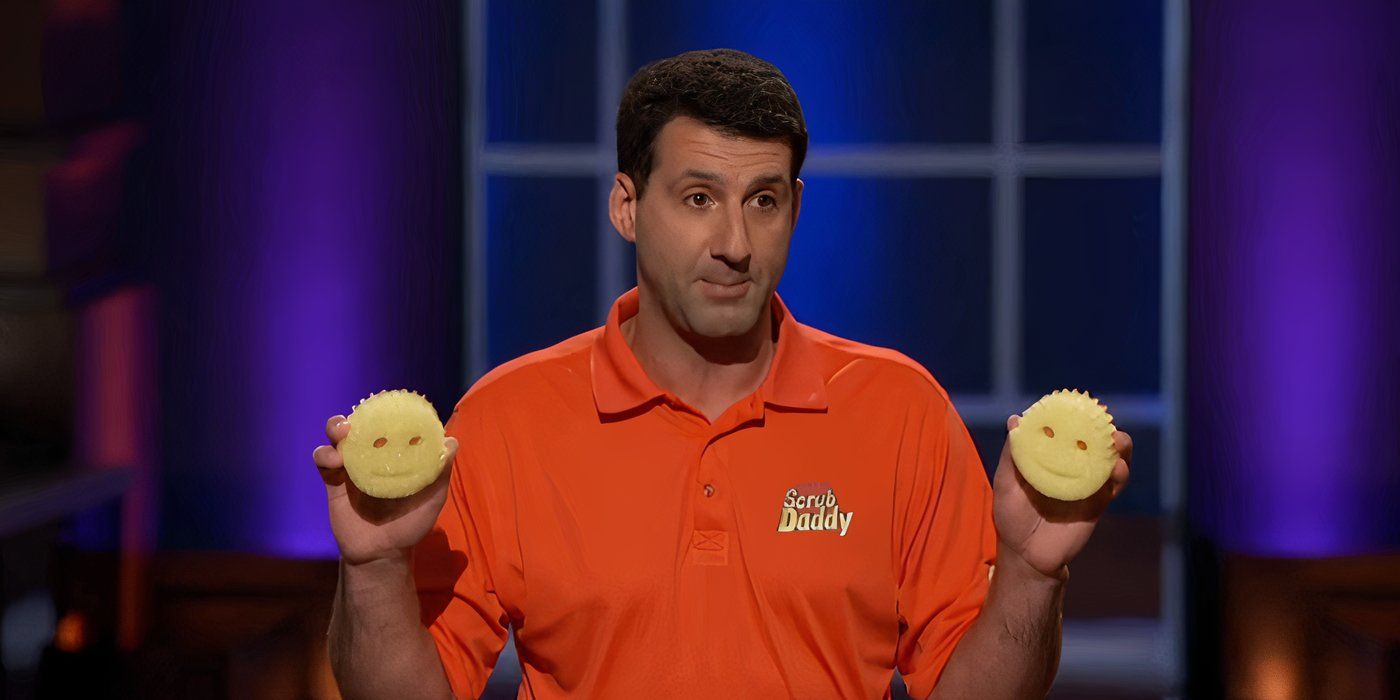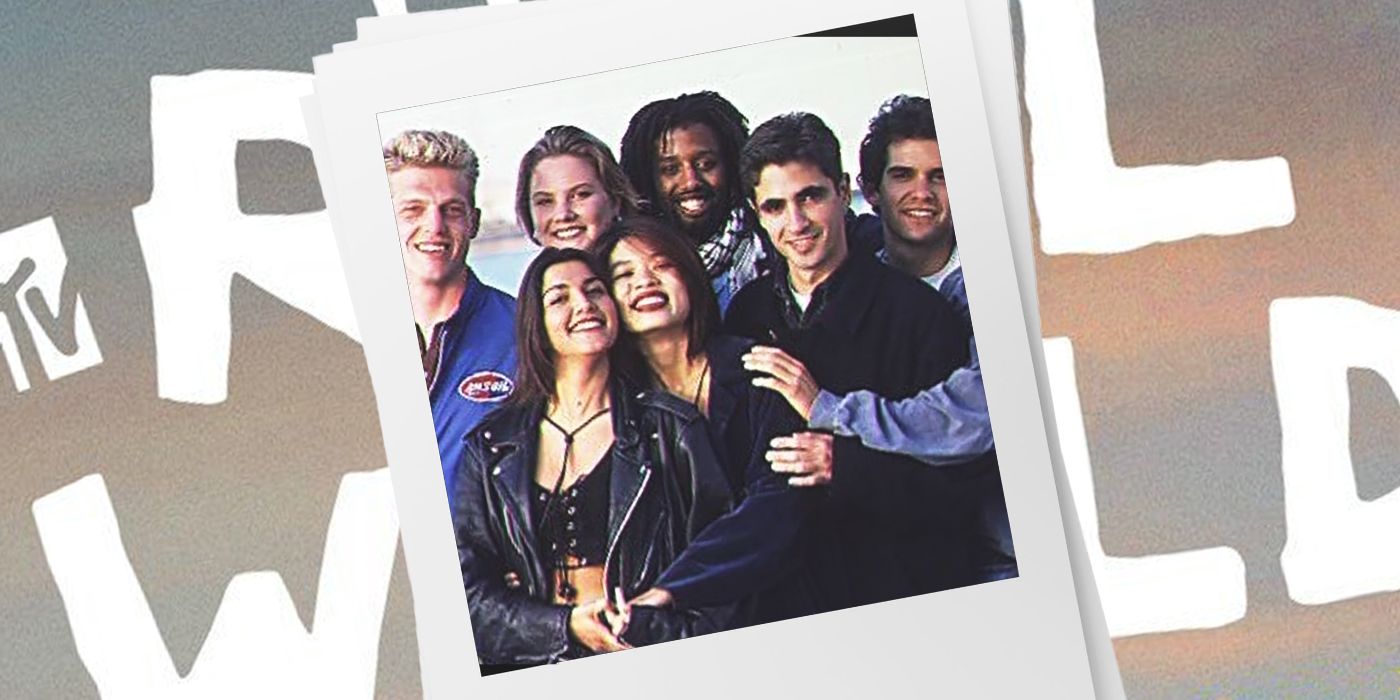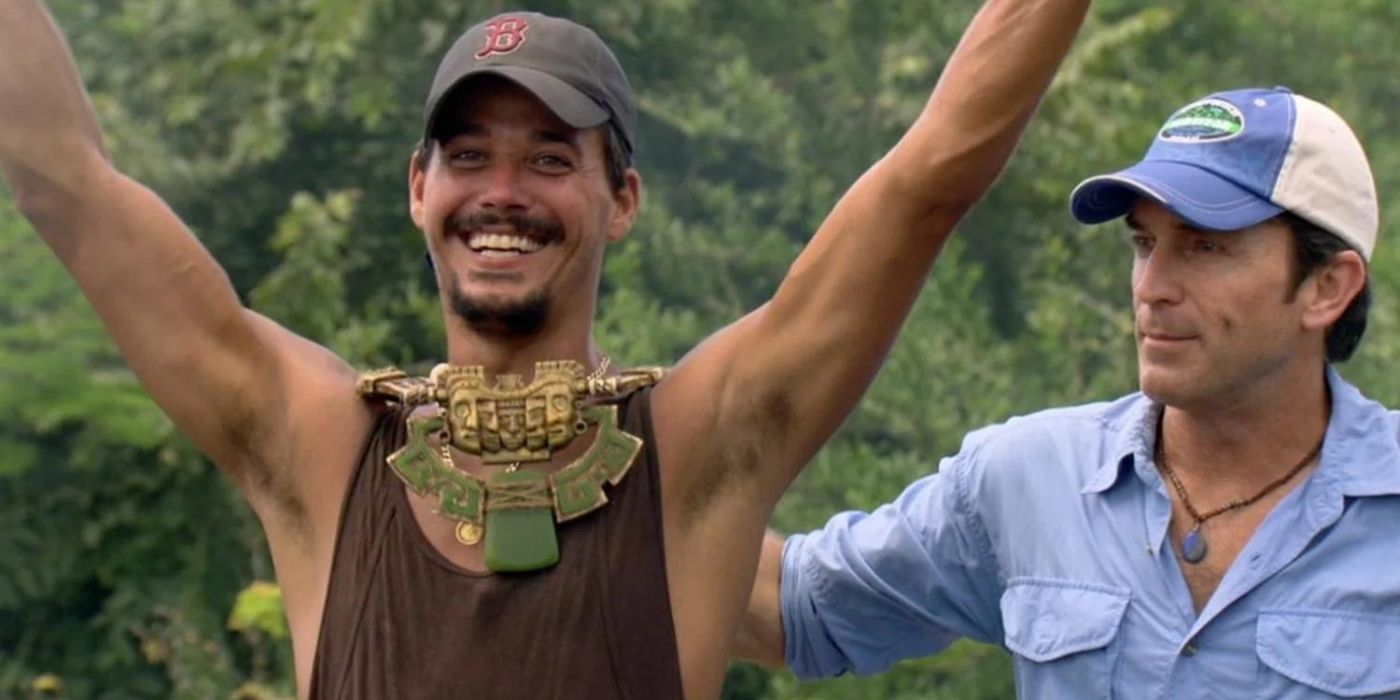
Currently in its third season, The Traitors is like the Olympics of reality TV. The genre is a universe of its own, with decades of history and interpersonal relationships. Unlike traditional television, the best reality TV shows feature authentic, people-driven stories that fans can engage with. Over the years, distinct sub-genres of reality TV have developed to cater to fans’ guilty pleasures – competitions, dating, lifestyle, etc.
Reality TV began to develop in the late 90s and early 2000s due to the desire to watch ordinary people live their lives (along with the rise of new media). In 2003, the first award for Outstanding Reality-Competition Program was handed out at the Emmys, solidifying the genre’s reputation on American television. As a testament to their cultural influence, many of these long-running shows inspired sequels, spinoffs, and even expanded internationally. But they all had to begin somewhere. From Top Chef to Survivor, these reality TV shows are required viewing for anyone wanting to get into the genre.
10
‘Keeping Up With the Kardashians’ (2007-2001)
Created by Ryan Seacrest
There is no denying the Kardashians’ influence in pop culture. The family entered the public eye in 2007 when Keeping Up with the Kardashians first premiered. Fans kept up with the Kardashians for fifteen years as members of the family grew up, got married (and divorced), had children, and founded multi-million dollar companies.
Keeping Up with the Kardashians offers pure drama and hilarious storylines (“My diamond earring came off in the ocean!”). Additionally, the family’s connections in Hollywood meant countless cameos from prominent figures in entertainment. From the mid-2000s until now, Keeping Up with the Kardashians showcased the historic rise of the Kardashians and the empire that resulted. Their new series, The Kardashians, doesn’t even compare.
9
‘RuPaul’s Drag Race’ (2009)
Created by RuPaul Charles, Fenton Bailey, and Randy Barbato
RuPaul once told Jimmy Fallon, “I’m the Queen of Drag” – which would make RuPaul’s Drag Race his empire. The series is campy and exciting, bringing the art of drag racing to audiences around the world. RuPaul’s Drag Race combines many facets of what makes reality TV so captivating. LogoTV’s highest-rated program involves a series of challenges that result in eliminations each week.
The Emmy-Award-winning show helped launch the careers of iconic drag queens from Trixie Mattel to Bob the Drag Queen (who recently appeared in season 3 of The Traitors). More than anything, the show offers authentic representation on screen for otherwise marginalized communities. As RuPaul told The Guardian in 2014, “We’re dealing with people who have been shunned by society and have made a life regardless of what anyone else thinks of them have decided.”
8
‘The Bachelor’ (2002-)
Created by Mike Fleiss
Bachelor Nation is to The Bachelor what the Multiverse is to the MCU; it’s a collection of series under The Bachelor umbrella incorporating eight individual shows. The original series follows a simple format: a bachelor looking for love is met by a group of young women and, through rounds of dates and conversation, must eliminate one woman each week until he is left with “the one.” For many viewers, the symbol of a rose is equated with The Bachelor!
The number of dating shows rapidly increased (Love Island, Love is Blind, Too Hot to Handle), and it’s apparent that these reality shows were inspired by The Bachelor. Producers at ABC continue to adapt the series with spinoffs like The Bachelorette, Bachelor in Paradise, and the most recent hit, The Golden Bachelor. This beloved reality TV show may not be the first dating show on television, but it is one of the most famous ones.
7
‘Top Chef’ (2006-)
Created by Padma Lakashmi and Tom Colicchio
There are ample cooking and baking competition series on air, but Top Chef is the most prestigious. As its name implies, the show invites contestants to compete for the title of Top Chef. This is more than just a cooking show; contestants live together in isolation from the outside world (much like Big Brother) as they focus on winning intense cooking challenges or face elimination.
Each season of Top Chef follows a theme related to the host city, where contestants must get creative by incorporating foods like hot dogs (New York), tea (Boston), and edible flowers (Colorado). This is more complicated than it sounds, but observing their creations can inspire even the most amateur viewers. Consider the context of Top Chef’s premiere in 2006 – from The James Beard Awards to the endeavors of Anthony Bourdain, the restaurant and hospitality inspired a culinary movement that Top Chef delivered.
6
‘The Real Housewives’ (Franchise)
Created by Scott Dunlop
Inspired by the fictional series, Desperate Housewives, The Real Housewives of Orange County aimed to show viewers how the affluent lived behind closed doors. This enticing premise hooked fans from the start as they watched the drama unfold, resulting in a shameless guilty pleasure. Since TRHOC, the Bravo franchise has expanded to 11 series based across the country, including Beverly Hills, Salt Lake City, and Atlanta, along with many international adaptions.
Through the support of the show, housewives are given the opportunity to create and foster brand deals, start companies, and travel the world. Fans of The Real Housewives franchise have watched the children of these housewives grow up. They connect with the reality stars and relate to their marriage disputes, personal triumphs, and downfalls. The Real Housewives present groups of women forming longstanding friendships (or making enemies) with one another in a manner never seen before on reality TV.
5
‘The Voice’ (2011)
Created by John de Mol Jr.
Reality TV allows audiences to become stars and showcase their abilities through televised talent competitions. This included everything from American Idol to Dancing with the Stars. The Voice, which first aired in 2011, is a product of this sub-genre’s evolution. Unlike other reality TV talent competitions, initial auditions for The Voice are judged blindly by a panel of coaches.
Winning The Voice is two-fold: singers hope to prove their talent through public votes and judging, while the coaches work to get someone from their team to the end. It’s a collaborative effort where contestants collaborate with major music stars that align with their sound. Former coaches have included artists like Blake Shelton, Ariana Grande, and Gwen Stefani. In a long history of competition reality TV, The Voice’s introduction in 2011 changed the game and continues to do so.
4
‘Shark Tank’ (2009-)
Created by Mark Burnett
In a sense, Shark Tank is a reality TV competition – only contestants face off against themselves. This business-themed reality show sees entrepreneurs pitch products to judges, who then decide whether to invest. Essentially, Shark Tank serves as an introduction to the world of business ventures for audiences otherwise unfamiliar (or those passionate about the process).
Scrub Daddy is the biggest success story in Shark Tank’s history. Its popularity may even transcend the show itself. Then there’s the Squatty Potty and Bombas – all recognizable brands even today. Sometimes, the investors miss out on strong pitches that result in success, but that’s business. These are just some examples of how reality TV, and Shark Tank in particular, can impact the world beyond the TV screen.
3
‘The Real World’ (1992-)
Created by Mary-Ellis Bunim and Jonathan Murray
Often considered one of the first modern reality shows, The Real World ushered audiences into a new age of television. Each season is set in a different city and follows the lives of young adults navigating taboo themes of work, sex, politics, and more. As the introduction goes, “Find out what happens when people stop being polite, and start getting real.”
The Real World was an early success for MTV that had a real impact on the world (no pun intended). The series grows with the times, as well as the culture of the host city. The show’s seventh season notably featured Pedro Zamora, who was vocal about living with AIDS in the mid-1990s and his roommates’ reactions. Along with the drama and heartwarming moments from The Real World, the series serves as a time capsule that influenced the future of the budding genre.
2
‘Big Brother’ (2000-)
Created by John de Mol Jr.
What happens when a group of people reside together in a home, isolated from the outside world? CBS’s hit series, Big Brother, asked this question when the series premiered 25 years ago. The show’s format changed greatly throughout the years, but the premise remains the same. Houseguests live a mostly normal life during their time on Big Brother, save for no internet or devices. They participate in challenges and are tasked with maintaining the living space. Otherwise, the most interesting aspect of this series is watching connections form – this is a social competition for $750,000, after all.
Each week, a houseguest is at risk of being evicted – or remaining due to The Power of Veto – until only one person remains. The series also found themselves at the center of historical significance numerous times, like sharing the events of 9/11 with houseguests whose families had been affected. As COVID broke out in 2020, contestants on season 22 were some of the last people to know only until production had to shut down. Big Brother is both a social and strategic game for the ages.
1
‘Survivor’ (2000-)
Created by Charlie Parsons
Back in 2000, host and current producer, Jeff Probst gambled on a sociological experiment that proved to be a massive success. Based on the Swedish reality show of the same name, Survivor takes groups of American players to see who can “Outwit, Outplay, and Outlast” the group. Each episode includes physical and mental challenges, as well as a tribunal session in which players vote their fellow islanders out one by one.
Earlier seasons of Survivor went around the world to the Australian Outback, the isolated mountains of China, and everywhere in between. With this, Survivor incorporates the host countries’ land and culture into the experience. The show took further risks by framing seasons around specific themes like Heroes v. Villains and David v. Goliath – two of many fan-favorites. 25 years later, Survivor continues to motivate contestants to win the spot of Sole Survivor and the $1,000,000 that comes along with it.


